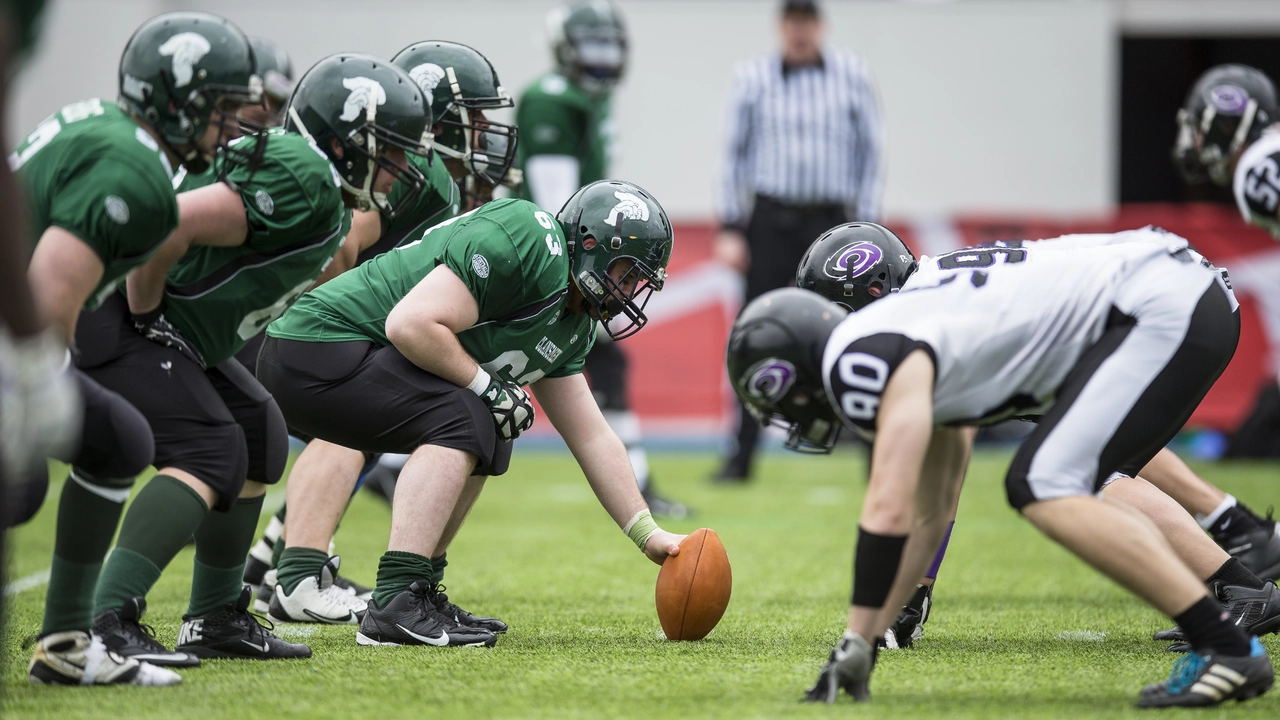The Ancestral Roots of American Football & Rugby
Picture this: It's a cool autumn afternoon, as I lay on the couch with my pet Dalmatian, Casey, cozied up at my feet. My oldest kid, Theo, on the other side of the room, is passionately explaining the intricacies of American Football to his little sister Imogen, with our Maine Coon, Dexter, acting as the unwilling opposing player. Their innocent yet thoughtful debates typically revolve around "which game is tougher?" or "which requires more strategy?" What they don’t realize though is that these two games, distinct as they may appear, sprout from the same sportive root.
The Birth of Football-Rugby Fusion
Let's rewind to the early 19th century. Both American Football and Rugby were pretty much the same game, practiced in schools and universities across Great Britain. It was a raw and somewhat brutal sport where virtually no rules existed. Except for the fundamental one - getting the ball over the line - everything was pretty much fair game. The game was a strange fusion of what we now know as American football and rugby, resembling a full-contact, lawless, grab-n-go kind of sport.
The term football during this time was a wide categorization for any game involving a ball and players using their feet. Imagine the sheer chaotic energy! That's probably why researchers named it "mob football."
Winds of Change: From Mob Football to Organized Sport
The catalyst that triggered the shift from disorganized mob football to a more structured sport was an event that occurred in 1823. William Webb Ellis, a student at Rugby School in England, was playing a match and, in a moment of audacious inspiration, picked up the ball and ran towards the enemy goal. This rule-breaking stunt proved popular and eventually led to the more refined version of the game, Rugby football, named after the school where it all started. That's the spirit of innovation for you!
Meanwhile, across the pond, the sport underwent a similar transition. American colleges embraced this British import but with their unique take. These variations led to the creation of a new and a bit different sport, known today as American Football.
The Convergence & Divergence of Rules
Now, let's leap forward to the second half of the 19th century when organized efforts began to officially differentiate rugby from football. The significant fork in the road appeared in 1863, when the world's first football body, The Football Association (FA), was formed in England.
The FA introduced a set of standard rules, which did not include touching the ball with hands. So, theoretically, football veered away from its rugby-like origins. Those who were still into the 'original' style continued their love for rugby, leading to the formation of the world's first rugby union in 1871.
Meanwhile, in America, Walter Camp, now known as "the Father of American Football," began experimenting with the rules in the 1880s, gradually morphing the sport into the American Football we know today, adding downs and the line of scrimmage, among other things.
From Origins to Modern Days
Despite the separate paths they embarked upon, it's fascinating how certain similarities persist in both these sports. For instance, American football's touch down and rugby's try, both exist as a method to score points. Also, they are both a test of physical strengths and acumen, with strategic planning, teamwork, and improvisation playing crucial roles.
Onfield Comparisons
As someone who has delved into both sports (funny story: as a young man, I once attempted to tackle a friend during a casual rugby match, only to end up underneath a pile of players, which, I assure you, isn't as fun as it sounds), I can say that although different in handling, both games require a blend of speed, strategy, brute strength, and agility. Whether it's avoiding an opposing tackle in American Football or a smooth try in Rugby, the exhilarating energy that floods through your body is almost identical, reaffirming their shared lineage.
Nowadays, when I watch Theo and Imogen debate, I intervene less and less. After all, it's their passion for the sport that matters, not who's right or wrong. Through their eyes, I see why irrespective of American Football or Rugby, these games captivate millions across the globe. It's not just about the rules, the teams, or the competitive spirit - it's also about the shared origins, the evolution, and the wonderful history backing the sports that we so passionately love.
So, the next time you find yourself in the midst of a heated American Football vs. Rugby discussion, remember their common roots. After all, just like my kids' comical squabbles, isn't it the shared passion for sports that brings us all together?

